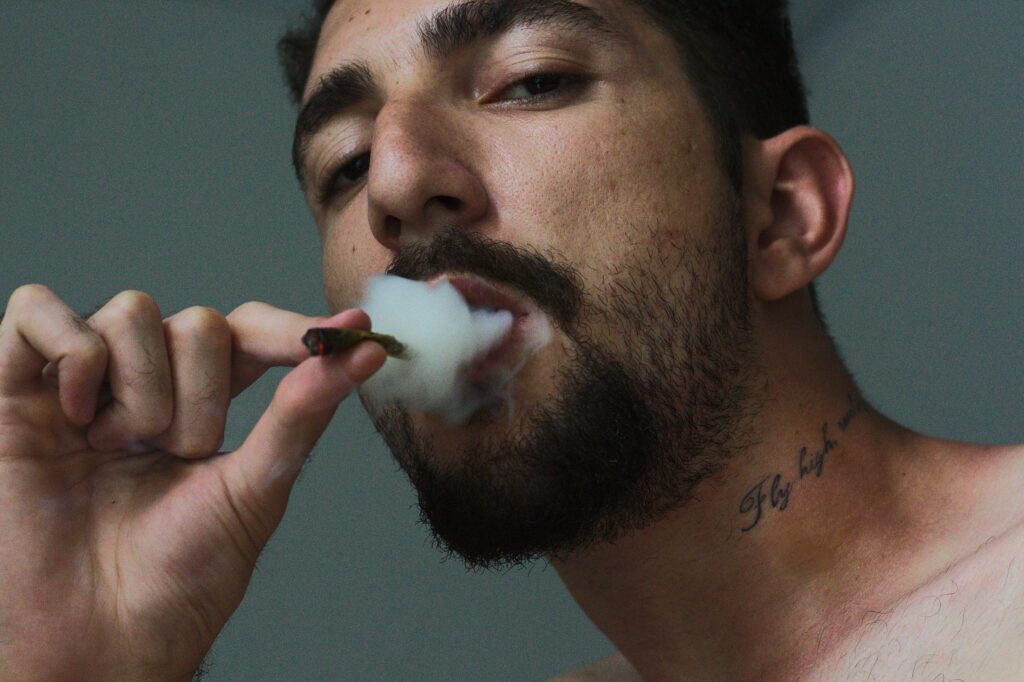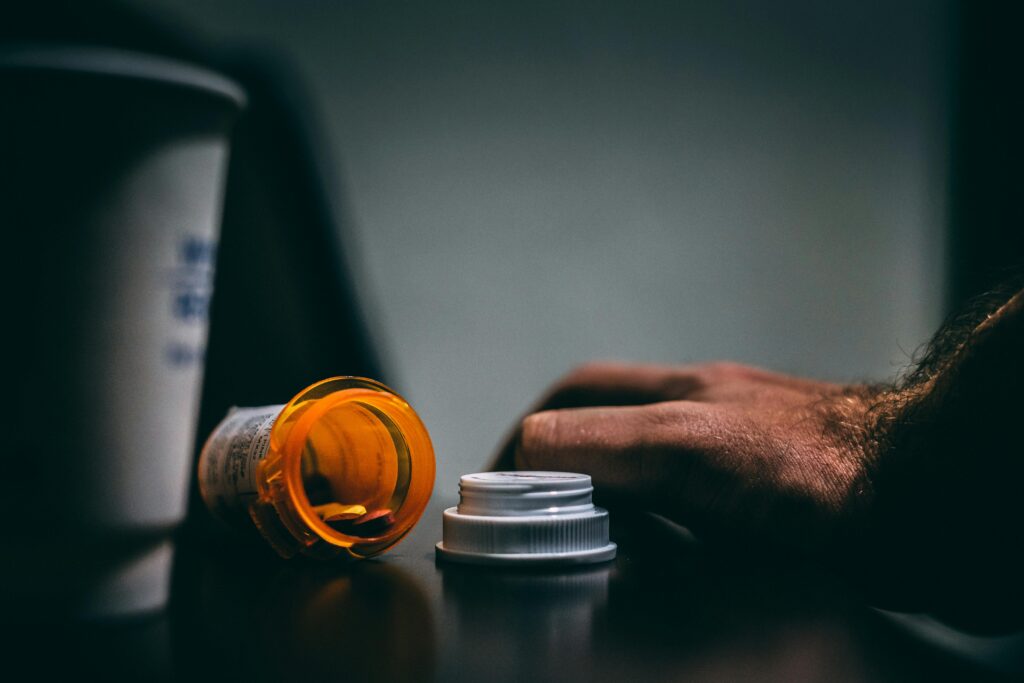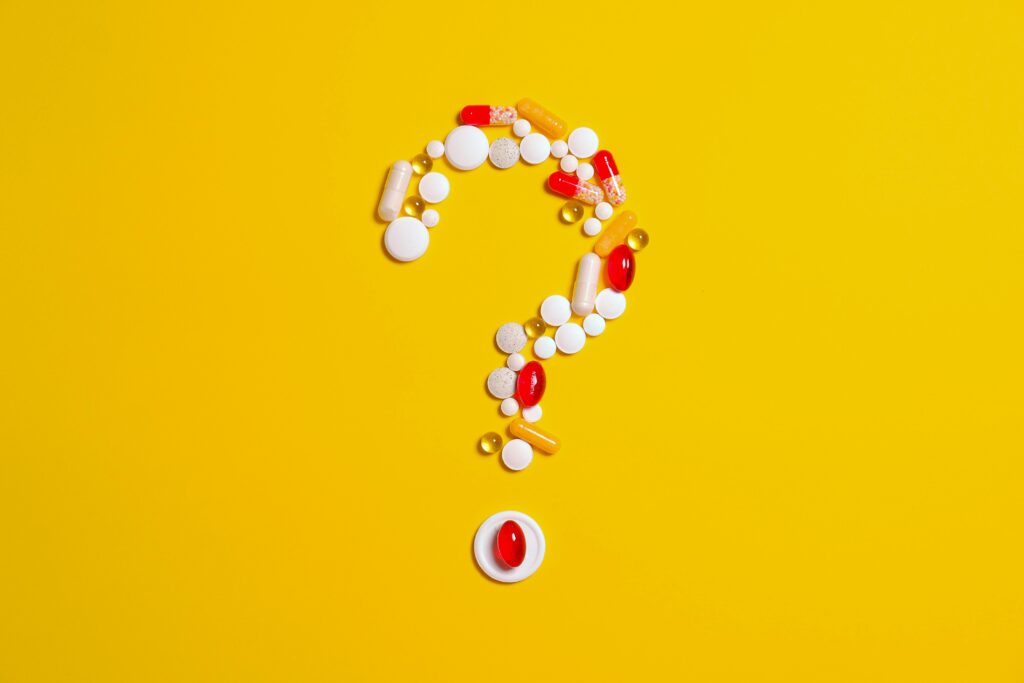Feeling high can be overwhelming, especially if it’s unexpected or too intense. Whether caused by cannabis, edibles, or other substances, the effects can range from mild euphoria to anxiety and confusion. Many people seek quick ways to regain clarity and control. Fortunately, several techniques can help sober up faster and manage the experience.
Understanding how different substances affect your body is essential. The intensity of a high depends on factors like dosage, consumption method, and personal tolerance. Some highs wear off naturally in a few hours, while others last longer. If you need to recover quickly, staying calm and using effective methods can speed up the process.
This guide provides practical ways on How to Stop Being High. It also explains when medical attention is necessary. Knowing these strategies can help you stay safe and regain control over your body and mind.
Understanding the Effects of Being High

The effects of being high vary depending on the substance. Cannabis, for example, alters perception, mood, and cognitive function. Edibles produce stronger, longer-lasting effects than smoking or vaping. Other substances, such as alcohol or psychedelics, affect coordination, thinking, and emotions.
Duration depends on the method of intake. Smoking or vaping usually lasts a few hours, while edibles can last much longer. The body processes substances differently based on metabolism, hydration, and food intake. Some people feel the effects more intensely due to sensitivity or low tolerance.
Recognizing these factors helps in managing a high. Knowing how long it might last can reduce panic and frustration. It also helps in choosing the right methods to regain clarity. The following strategies can help bring you back to a balanced state more quickly.
Read More
Growth Mindset Quotes
Common Job Interview Questions and How To Answer Them
Effective Ways to Sober Up
Hydrate Yourself
Drinking water is one of the easiest ways to Stop Being High. Hydration helps your body process substances more efficiently. Water flushes toxins, reducing dizziness and dry mouth. If possible, drink electrolyte-rich fluids like coconut water or sports drinks to replenish lost nutrients.
Juices with vitamin C, such as orange juice, can help refresh your body. Avoid caffeinated drinks, as they can cause dehydration and worsen anxiety. Staying hydrated keeps your system balanced, helping you feel normal again.
Eat Something
Food can reduce the intensity of a high. Eating helps absorb substances in your system, preventing further intoxication. Nutritious foods like fruits, nuts, and whole grains work best. Bananas, for instance, contain potassium, which supports brain function.
Avoid junk food, as it may worsen discomfort. Eating too much greasy or heavy food can upset your stomach. Instead, choose light, healthy snacks to stabilize your energy levels.
Take a Walk
Moving your body speeds up metabolism, helping you process substances faster. Walking outside provides fresh air, which improves oxygen flow to the brain. This can clear mental fog and reduce dizziness.
If going outside is not an option, simple indoor movement can help. Stretching or pacing around the room keeps your body active. However, avoid strenuous exercise, as it may cause exhaustion or dizziness.
Deep Breathing
Controlled breathing reduces anxiety and restores mental clarity. Practicing deep breathing exercises slows your heart rate and calms your nervous system. Inhale deeply through your nose, hold for a few seconds, and exhale slowly through your mouth.
Focusing on your breath helps you regain a sense of control. Meditation or mindfulness techniques can also bring you back to reality. These methods prevent panic and help you relax.
Cold Shower
Taking a cold shower shocks your system awake. Cold water improves circulation and reduces sluggishness. It refreshes your senses, helping you feel more alert.
If a full shower is not possible, splashing cold water on your face can still help. Wetting a towel with cold water and placing it on your forehead may also reduce discomfort.
Rest or Sleep
Sometimes, the best way to recover is to rest. Sleeping allows your body to process the substance naturally. A short nap can help reduce anxiety and clear your mind.
If sleep isn’t possible, lying down in a comfortable position and closing your eyes can still be helpful. Avoid screens and bright lights, as they may worsen disorientation. Instead, focus on calming sounds or soft music.

What to Avoid When High
Avoid Panic
Many people panic when they feel too high, making the experience worse. Anxiety increases heart rate and causes negative thoughts. Remind yourself that the effects are temporary. Focus on staying calm and using the methods mentioned earlier.
Don’t Drink Alcohol
Some believe alcohol can counteract a high, but it often worsens the situation. Alcohol and cannabis together can increase dizziness and nausea. Mixing substances can lead to dangerous side effects and prolonged impairment.
Avoid Driving
Driving while high is extremely dangerous. Reaction time and judgment are impaired, increasing the risk of accidents. If you need to go somewhere, wait until you are completely sober. If necessary, ask a sober friend for help.
Don’t Consume More
If you already feel too high, taking more will make things worse. Some people mistakenly think another dose will balance the effects, but this only prolongs the high. Instead, focus on sobering-up methods and give your body time to recover.
When to Seek Medical Help

Signs of Overdose or Extreme Reactions
Although most highs wear off without medical intervention, some situations require help. Symptoms of extreme reactions include chest pain, severe confusion, or hallucinations. Difficulty breathing or unresponsiveness are also red flags.
When to Call Emergency Services
If someone experiences a seizure, unconsciousness, or extreme paranoia, seek medical help immediately. Inform medical professionals about what the person consumed. If possible, keep them calm and in a safe place while waiting for assistance.
How to Help Someone in Distress
If a friend is struggling with a high, reassure them that they are safe. Encourage them to hydrate and rest. Avoid overwhelming them with too much stimulation. If symptoms worsen, don’t hesitate to seek medical support.
Conclusion
Sober-up techniques like hydration, movement, and relaxation can help reduce the intensity of a high. Avoiding panic and staying in a safe environment also makes recovery easier. Recognizing what to avoid prevents further discomfort or danger.
While most highs fade naturally, extreme reactions may require medical help. Knowing when to seek assistance is essential for safety. Practicing responsible use and understanding your limits can prevent negative experiences in the future.
